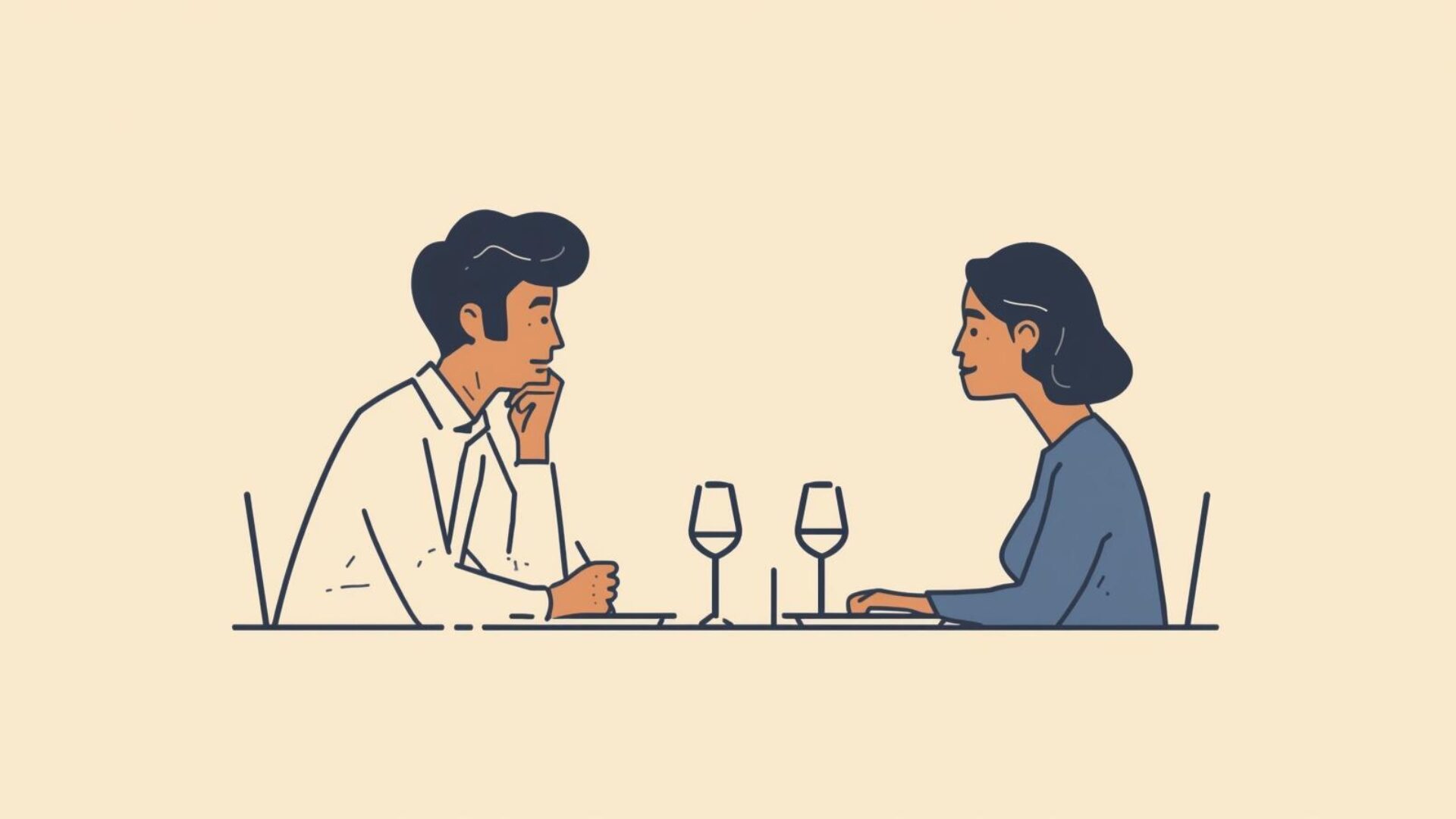By Bob Dixon, Counsellor, Hypno-psychotherapist and Coach
Most men in relationships like to see themselves as problem solvers. It’s not a bad thing. At work, when something breaks at home, or when a friend asks for help, being able to spot the problem and come up with an answer is a real strength. Many men are proud of this ability, and rightly so.
But in conversations with a partner, this habit can backfire. When someone shares something they’re struggling with, many men automatically start planning solutions. They jump straight into “How do we fix this?” mode. The trouble is, that’s often not what their partner wants in that moment. They might not be looking for an answer at all — your partner could just want to be heard.
Why Men Solve Problems
It helps to understand why this happens. Most men don’t mean to be unhelpful. Quite the opposite, they’re trying to show love and care. If your partner is upset, the natural thought is: “I don’t want them to suffer. How can I make it better?”
Men are often taught from a young age that being useful means providing solutions. If you can fix it, you’ve done your job. That works in many areas of life. But in relationships, the rules can be a little different.
Sometimes, what really helps isn’t fixing the problem, but simply sitting with it.
Why Listening Matters
Think about a time when you’ve had a rough day. Did you always want someone to tell you what to do differently? Probably not. Sometimes you just wanted a mate, or a partner, to hear you out. To nod, to understand, to say: “Yeah, that sounds tough.”
From my experiences, this is what I find most women are looking for when they share something difficult. It’s not about solutions. It’s about connection. Listening is a way of saying, “You matter to me. I care enough to slow down and really hear what you’re feeling.”
When someone feels truly listened to, the weight of the problem often feels lighter — even before anything has changed.
How Quick Fixes Can Backfire
Here’s the tricky part: when men jump in with advice too quickly, it can sound like criticism. “Why don’t you just do this?” might be meant kindly, but it can be interpreted as, “You should already have thought of this,” or, “You’re not handling this well.”
That’s not the message you intend, but it’s the one your partner may hear. Instead of feeling supported, they might feel judged. That can leave them even more stressed than before.
Listening first helps avoid this. It shows trust in their ability to work things out and reassures her that you’re standing with them, not above them.
Simple Ways to Listen Better
Listening is a skill, and like any skill, it gets easier the more you practice. Here are a few ways to start:
- Pause before you answer. Let your partner finish speaking before you jump in. Even a small pause shows you’re taking their words seriously.
- Show you understand. Use short phrases like, “That sounds hard,” or, “I can see why you’d feel that way.” These little acknowledgements mean a lot.
- Ask what your partner wants. A simple question can clear up a lot: “Do you want me to just listen, or would it help if I gave ideas?” That way, you know what’s actually needed.
Value the feelings first. You don’t have to agree with every detail to say, “I get that this is tough for you.”
Offer advice later. Once your partner feels heard, they want your thoughts. And when advice comes after listening, it feels like teamwork instead of correction.
What’s In It for You
This isn’t just about your partner. Listening first makes life better for you, too. Men who practice it often notice:
- Fewer arguments. When your partner feels heard, they’re less likely to push back.
- More closeness. Listening builds trust and intimacy.
- Stronger teamwork. When advice is shared later, it’s received as support, not criticism.
- Fewer arguments. When your partner feels heard, they’re less likely to push back.
It doesn’t mean you stop being a problem solver. It just means you add another strength — patience and understanding — to your toolkit.
The Real Strength
Listening doesn’t make you weaker. It makes you stronger in the ways that matter most in a relationship. It takes strength to pause, to bite your tongue when you think you’ve got the answer, and to give your partner the gift of your full attention.
So next time your partner comes to you with something heavy on their mind, remember: they may not need you to fix it right away. What they probably needs most is your ear, your presence, and your care. Solutions can come later.
Sometimes the best fix is no fix at all — just listening.


